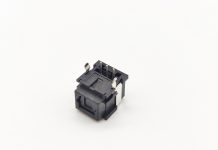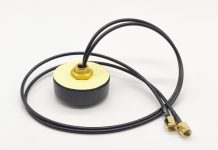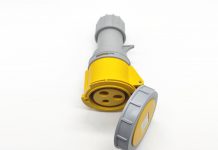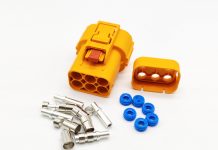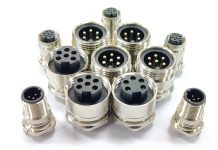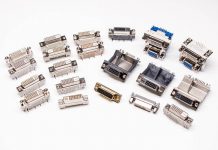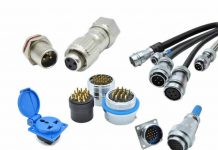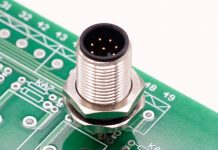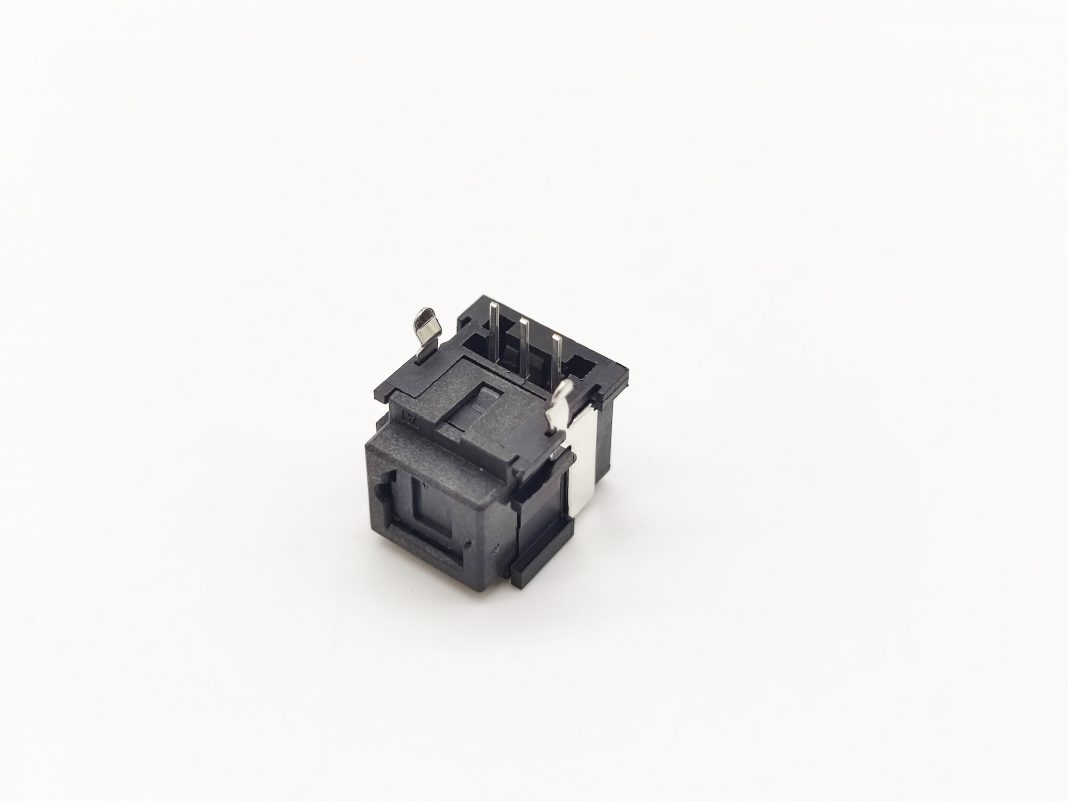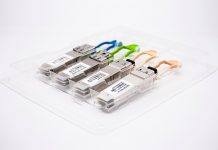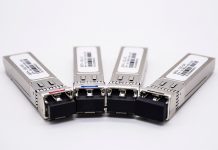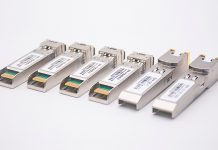Optical fiber quick connectors are also called quick connectors in the industry, and also known as field-assembled optical fiber active connectors. This connector is small in size and quick in termination. The basic termination process only takes 2 minutes, and it is widely used, such as corridors and household cables, which have a particularly high utilization rate and are widely welcomed by the market. Fiber optic quick connectors are also called fiber optic field connectors. They are the same product. Their main differences are:
1. Straight-through type, mainly belongs to dry structure. This structure is very simple. The advantage is that it is easier to implement and the cost is low, but there are many disadvantages: strict requirements on the diameter of the fiber, strict requirements on the cut end face and cut length, and stricter requirements on the strength of the clamping; otherwise, any mismatch with the product will lead to parameter fluctuations; In addition, since the return loss index depends entirely on the condition of the fiber cutting end face, the return loss index of the product is relatively poor, and the technical requirements for operators are very high.
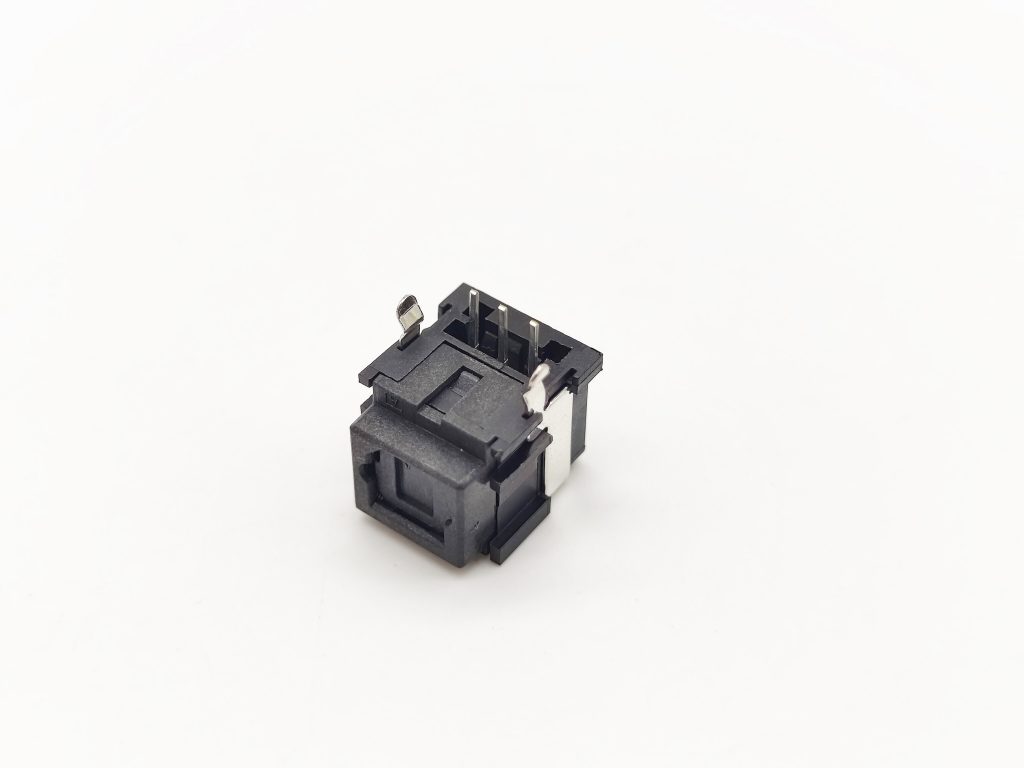
2. For the pre-embedded optical fiber quick connector, it belongs to the pre-embedded optical fiber structure. The pre-embedded optical fiber structure adopts a section of bare optical fiber pre-inserted into the ceramic ferrule when leaving the factory, and the top is polished. The operator only needs to cut off the other end of the optical fiber and insert it on site; since the pre-embedded optical fiber plant in front of the embedded structure is polished, and the butt joint is filled with matching liquid, it does not rely too much on the flatness of the fiber end face cut degree, greatly reducing the operator’s proficiency. Due to the pre-grinding process on the end face of the connector, the return loss index is good; this product structure can achieve better insertion loss (below 0.5dB) and return loss (above 45dB) indexes.
How to install and use fiber optic quick connector?
1. Remove the connector end cover and pass the cable through;
2. Use an optical fiber stripper to strip the sheath of the optical cable, the length is about 5CM;
3. Cut the exposed coating with Miller pliers close to the edge of the clamp to expose the fiber;
4. Wipe the bare fiber clean with a dustproof cloth;
5. Use a jig to cut the optical fiber;
6. Align the fiber with the body hole and insert. When the fiber is initially bent, press the crimping cover down;
7. Screw the end cap on the cable back into the connector body and secure the housing.
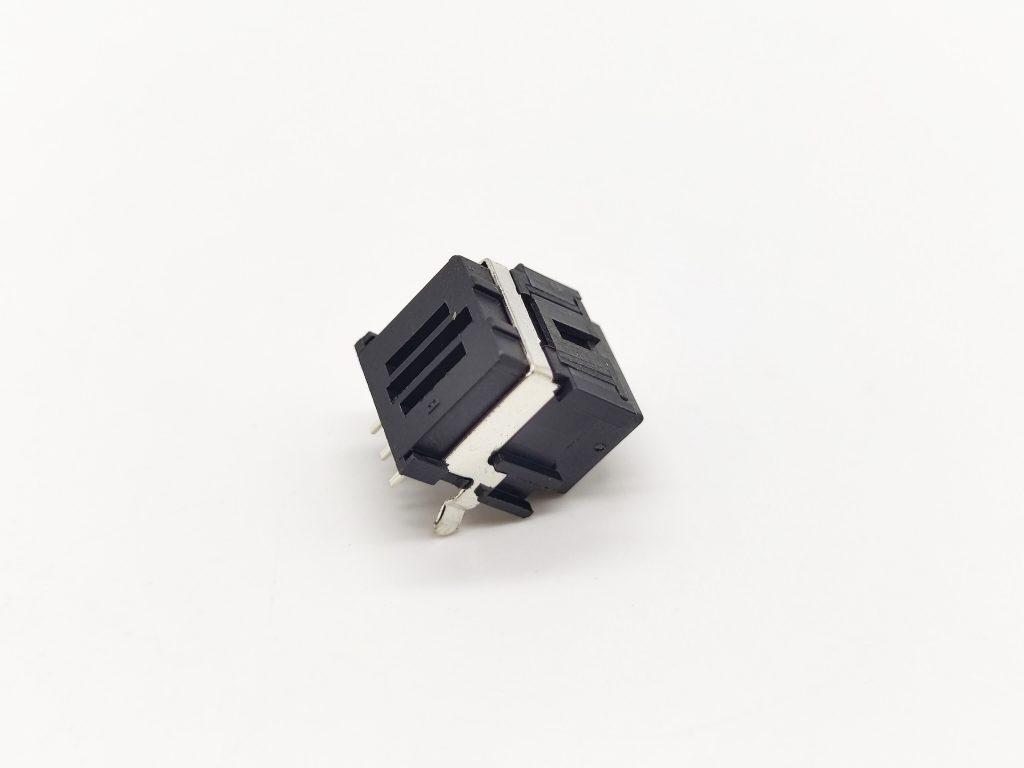
1. Welding machine welding
The fusion splicer is mainly used for the connection of optical fiber connectors. At present, it is mostly used in automatic welding machines for welding. There are two types of fusion splicers: single-core and multi-core fusion splicers. Before the formal connection, the parameters of the fusion splicer should be tested to determine the alignment accuracy, output size, propulsion and other parameters of the fusion splicer to adapt to the specific working conditions of the fused optical fiber and control the loss set within the specified index. After the connection is completed, the loss should be measured in time with an optical time domain reflectometer. When the loss meets the index requirements, it can be reinforced until the connection is completed.
2. Mechanical connection
The connection characteristics of the three most common mechanical connectors are as follows:
1. FO type process connector
This fiber optic connector is a standard form of connection for single-core optical fibers. Most of the current products grind the end face into a spherical shape, and use the principle of optical refraction to converge the beam to reduce its connection loss. This kind of fiber optic connector is mostly used on fiber optic distribution frames and switching test instruments.
2. NTT multi-core fiber optic connector
This optical fiber connector can connect up to 12 optical fibers at a time, and has the characteristics of large capacity, simple manufacturing process, and low splicing loss. Therefore, it has a wide range of applications in fiber optic connections for users with lower requirements. This method is mostly used for short-distance relay and user relay of optical fiber, and the effect is better.
3. Wiring sub-connector
With the development of technology, the average splice loss of terminal blocks can be below 0.1dB, 50% of the splice loss can be below 0.05dB, and the adaptability to ambient temperature and humidity is relatively good. Since this splicing method does not require expensive fusion splicers, and has various specifications such as single-core and multi-core, it is flexible and convenient to use. In the development of optical cable communication, connection technology is a very key technology. Simplifying connection technology and improving connection quality will play a positive role in expanding the application field of optical fiber.
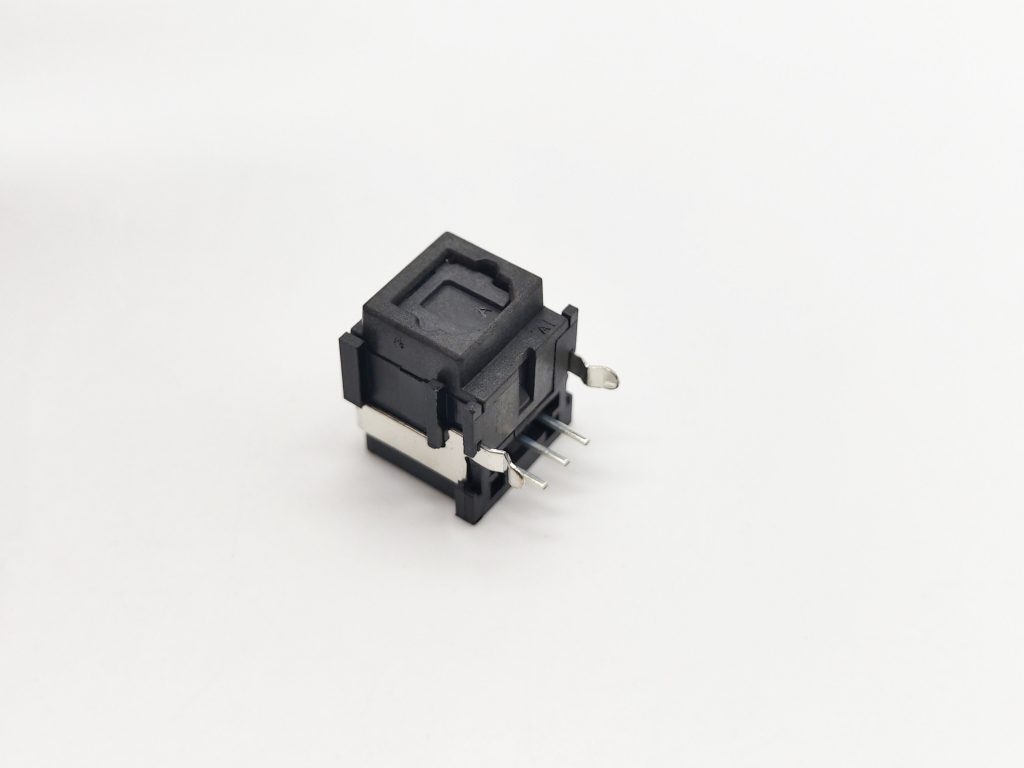
Elecbee is a company specializing in the research and development, production and sales of electronic connectors, adapters and antennas. Whether it is technology, research and development, production or business, it is in the leading position in the industry. If you want to know more about our products or need related help and support, you can directly communicate with our technical staff in real time on the website or send an email to service@elecbee.com. All Elecbee staff look forward to cooperating with you.

